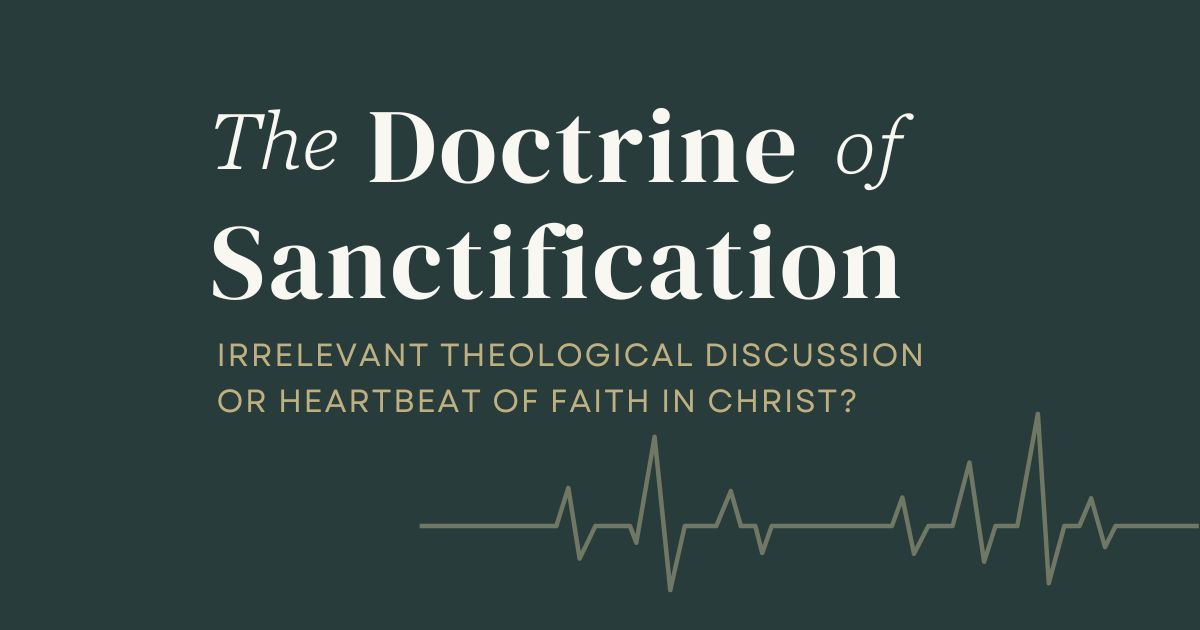Sadly, for many professing believers—likely because of poor shepherding over many years— the idea of doctrine and the development of arriving at that doctrine (the theological process) evokes images of dusty and near-empty churches and boring lectures. They have been taught that faith in Christ is a means by which God blesses their endeavors and gives some comfort to make it through the trials of life. Their faith, if that can be called faith, is centered around, “What can God do for me in my daily life?”
But Scripture presents a much different picture, one that is grand, holy, transcendent, glorious, heavenly, and majestic. Paul writes in 2 Corinthians 3:18 of the genuine believer in Christ, “But we all, with unveiled face, beholding as in a mirror the glory of the Lord, are being transformed into the same image from glory to glory, just as from the Lord, the Spirit.” The doctrine of sanctification consists of the scriptural truths concerning what it means to be transformed into the image of Christ, as well as living a life that is focused upon beholding the glory of God in Christ.
Recently, a guest in our church asked me, “Why is your church so legalistic?” I asked what he meant by that, and he said something to the effect of, “You know, you wear suits and sing old hymns. Plus, you’re always talking about obedience. Isn’t that the opposite of grace?” There was no malice or ill-will in the question; it was simply a product of typical American Evangelicalism.
Space doesn’t permit dealing with the plethora of theological misperceptions represented in that question, but yes, we should always be talking about obedience at church! This is because Jesus said in John 14:15, “If you love Me, you will keep My commandments.” Obedience is the proper response to the grace of God in being included in the New Covenant as redeemed and regenerate believers in Christ. But is obedience the same as sanctification, the transformation over a lifetime into Christ’s likeness? Obedience is a component of sanctification, but it is not the definition of sanctification.
Rather than merely external and even faithful obedience to the Scriptures, sanctification in the progressive sense is rooted in a yearning love for Christ. As Peter exhorted, “grow in the grace and knowledge of our Lord and Savior Jesus Christ.” And in so doing, the Holy Spirit works in the inner being of the Christian to enable, empower, motivate, and normalize obedience.
So, the doctrine of sanctification—far from an irrelevant theological discussion, actually becomes the heartbeat of faith in Christ because “we all, with unveiled face, beholding as in a mirror the glory of the Lord, are being transformed into the same image from glory to glory, just as from the Lord, the Spirit.” May this conference deepen you in your knowledge of Christ and further your transformation into His image.

